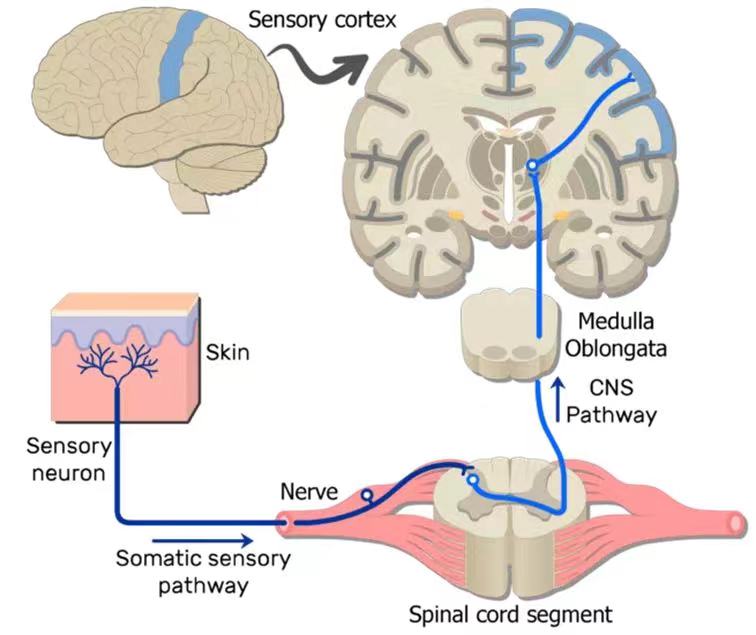Our Location
304 North Cardinal St.
Dorchester Center, MA 02124

How many times have you heard “If the wound is itchy, it is because it is healing”? Well, this popular view has some reason, because itching is common in the healing process and usually occurs in the later stage. However, as we will see below, it occurs in acute and chronic wounds, even scars, and is mainly related to inflammatory processes or nerve damage (nervous itching), not necessarily related to the good progress of the wound.
The itching of the wound may be very annoying and does not respond to many treatments. This will have a significant impact on people’s quality of life, especially when it persists in chronic wounds or scars.
There are still many unknowns about the pathophysiological mechanism of wound itching, but in this article, we will summarize the available evidence that can help us better understand this uncomfortable symptom.
Inflammatory cytokines released in any wound (acute or chronic) can activate sensory neurons and produce itching, which is called neuroimmune itching pathway and involves a variety of cells, including leukocytes, keratin-forming cells and endothelial cells. 4 Itching molecules, such as interleukin 31 (IL-31)3 activate the incoming sensory fibers in the skin. After communicating with the intermediate neuron complex of the spinal cord, the signal is sent to the brain, where itching is recognized. The command is then sent to the motor neuron to produce scratching.
Microenvironmental factors can also cause itching, including dry scabs and perimental dermatitis, as well as bacteria on the wound bed.